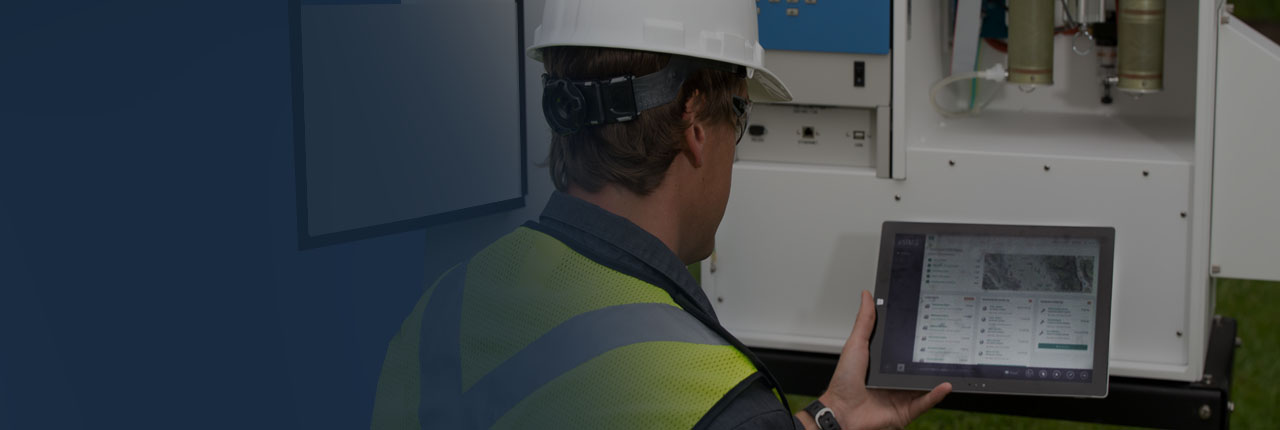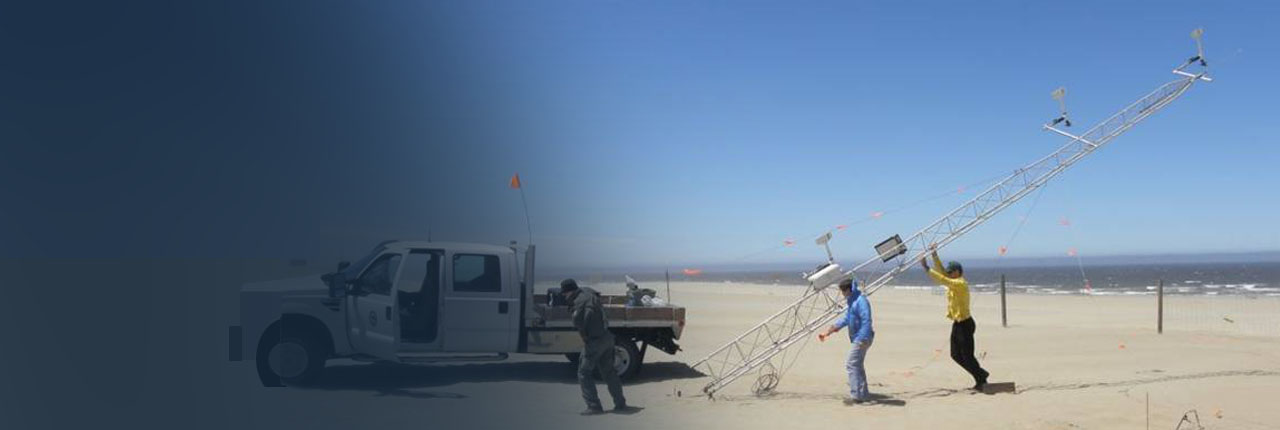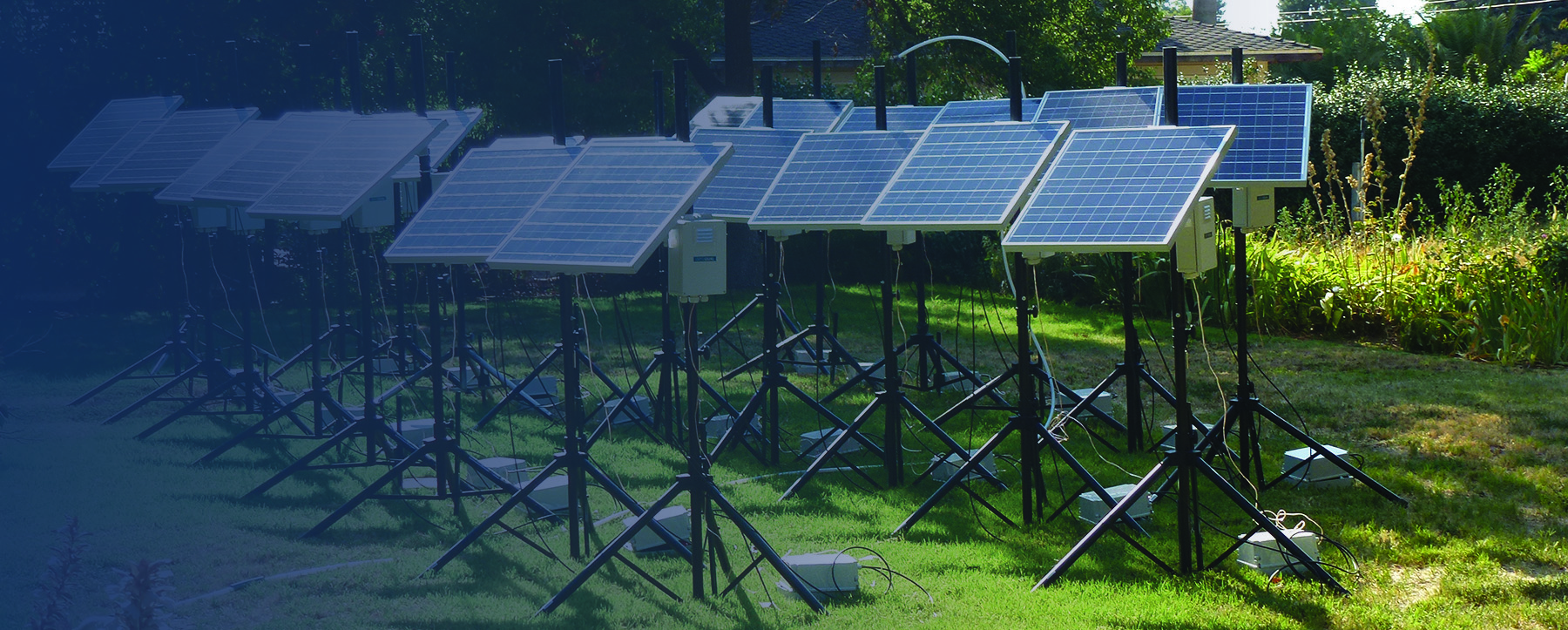Surface and Upper-Air Measurements
Characterize atmospheric processes that influence the transport and dispersion of air pollutants to enhance meteorological forecast models and make real-time decisions that depend on meteorological conditions.
Process Studies
Conduct meteorological measurements to improve the understanding of the physical and chemical processes that influence air quality conditions.
Instruments
Leverage Sonoma Technology's expertise with meteorological instruments. We use ceilometers, radar wind profilers, sodars, microwave radiometers, and other state-of-the-science equipment to capture and characterize meteorological conditions.
Permit Monitoring
Meet permitting requirements and support permitting applications using meteorological monitoring.
Instrument Audit/Calibration
Ensure high-quality data and high data recovery rates with meteorological instruments that are routinely and professionally audited and calibrated.
Energy
Maximize renewable energy technologies and reduce uncertainty in power generation by collecting meteorological measurements to improve the accuracy of wind and solar forecasts.





